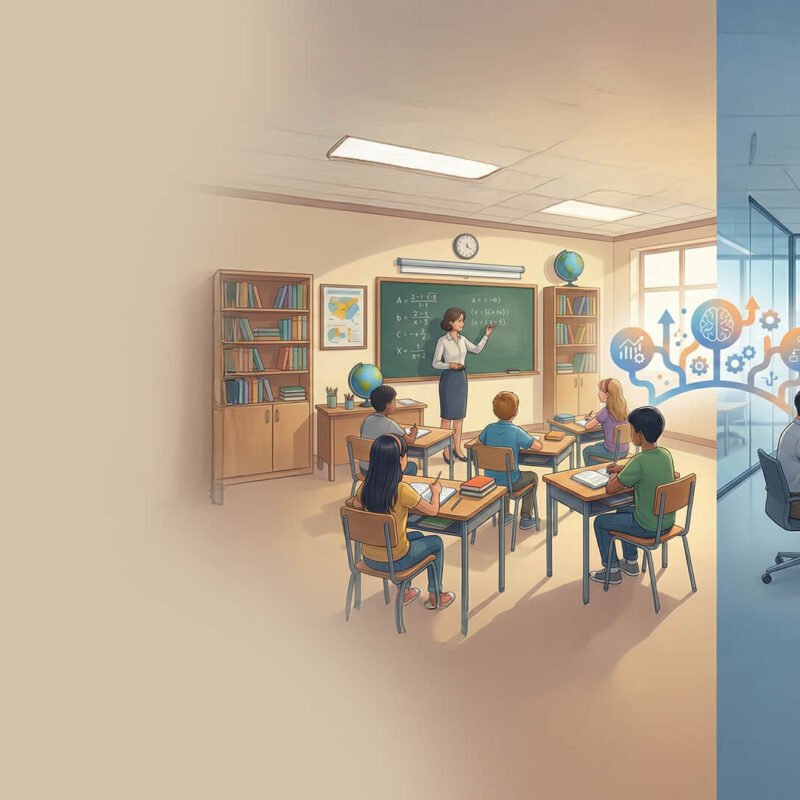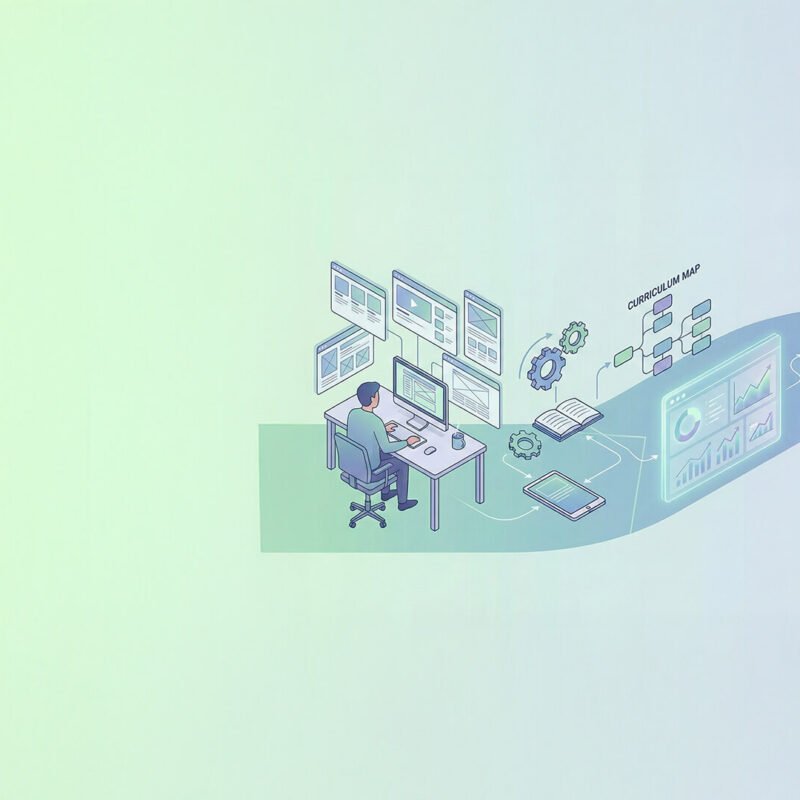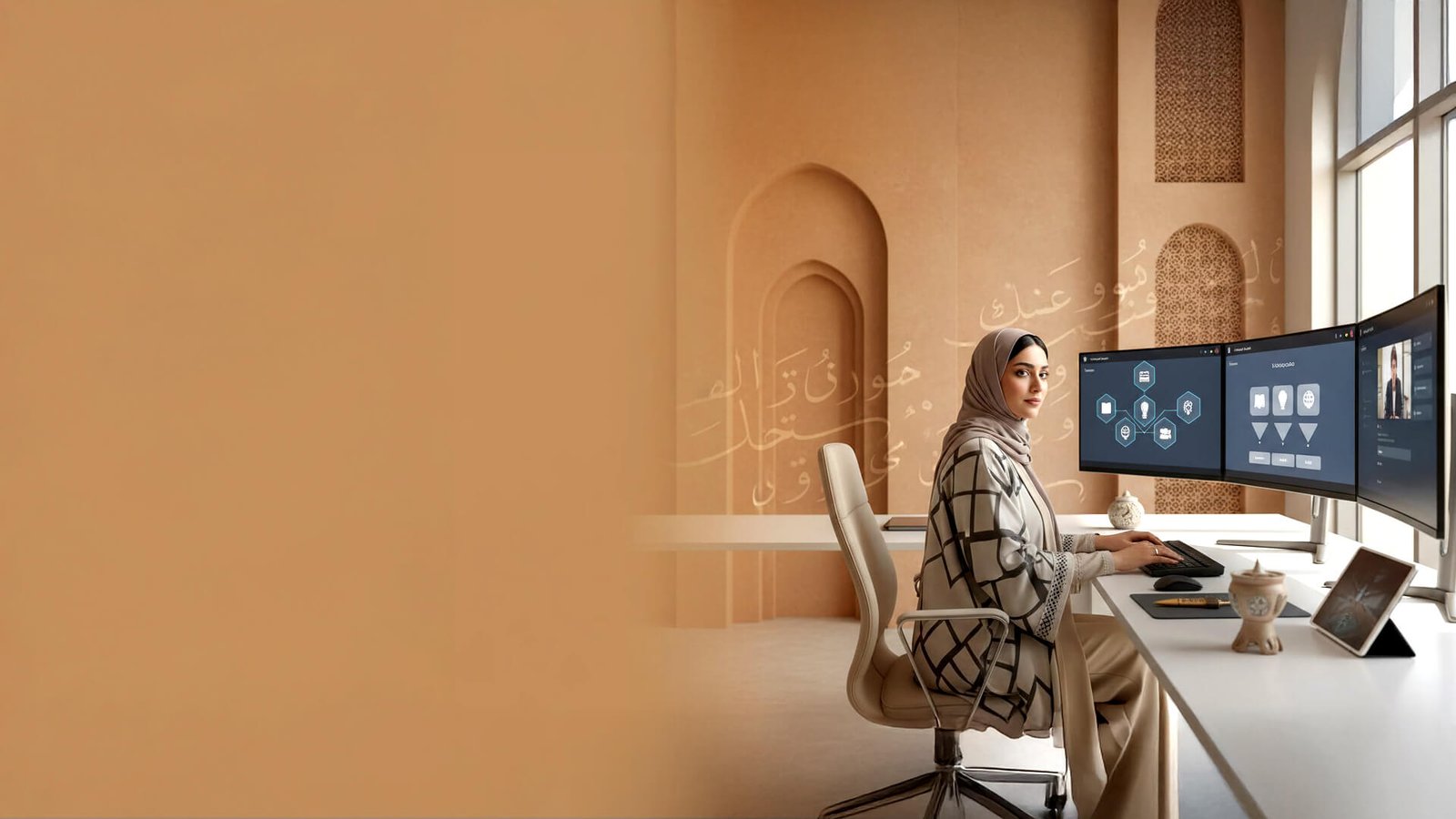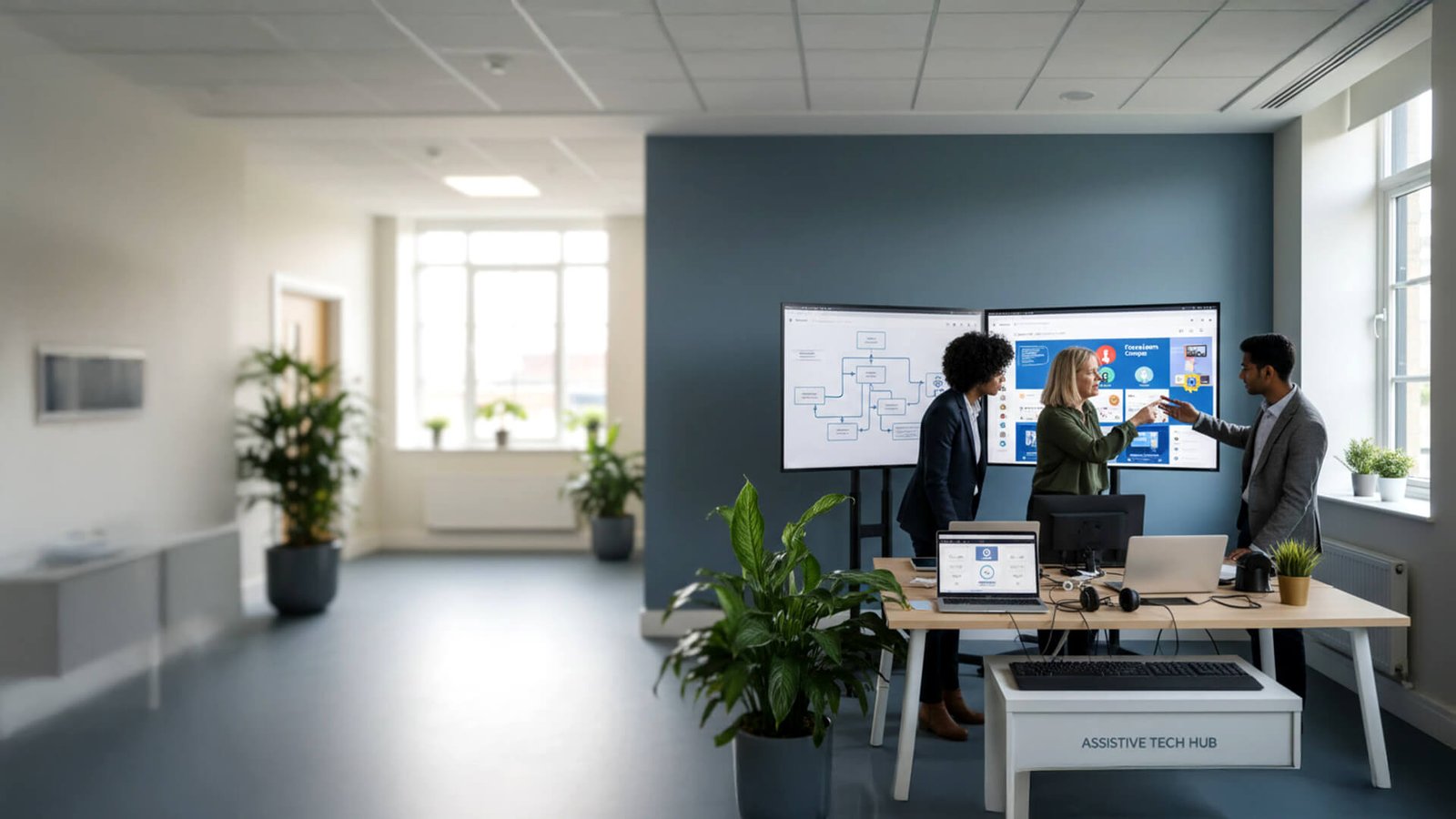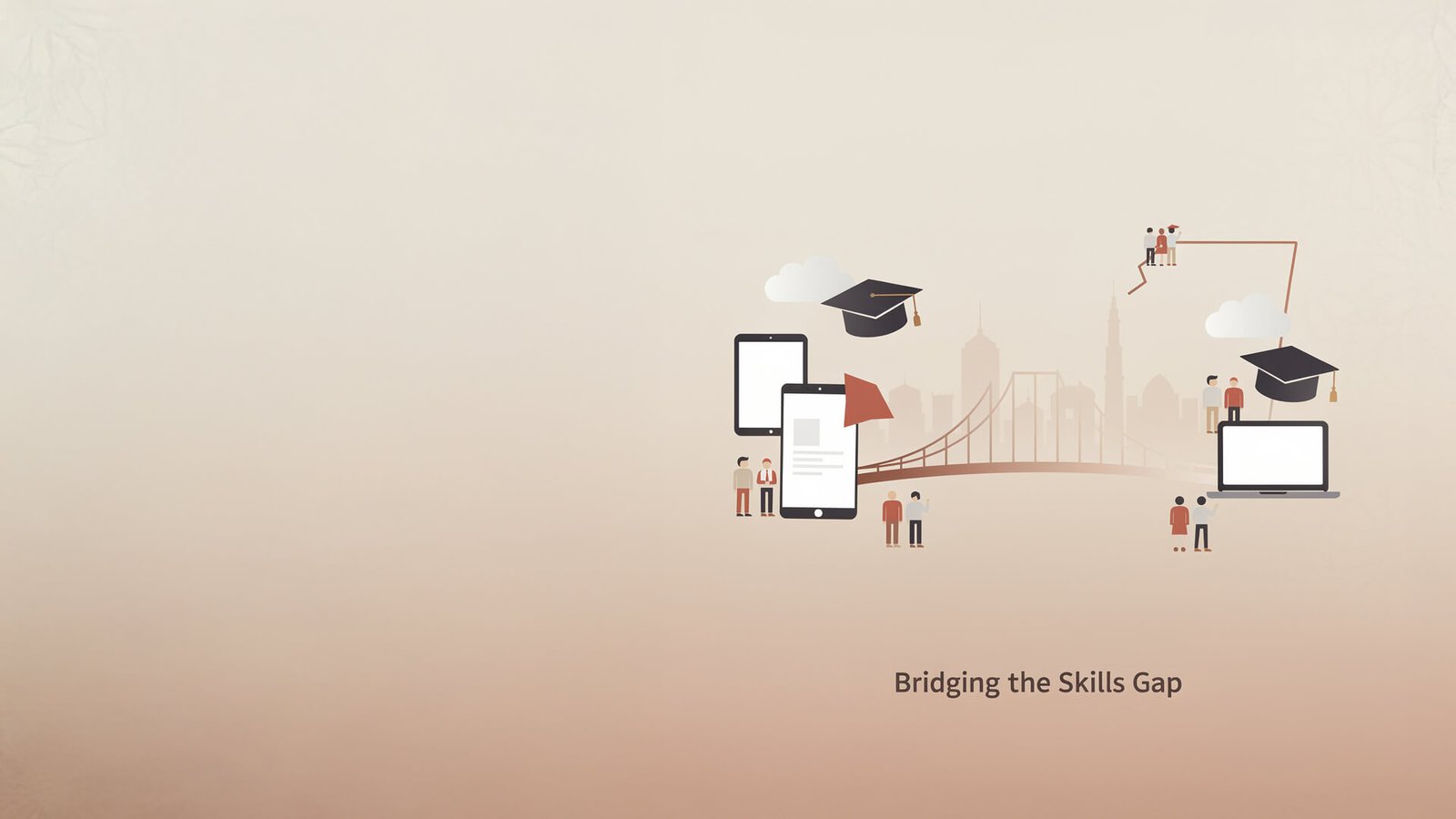Press ESC to close
Proving Business Value with Data-Driven L&D and Training ROI
The contemporary business landscape—defined by technological volatility, economic pressures, and the urgent need for organizational agility—has eliminated the tolerance for unaccountable spending. For the Learning
How to Build an Agile, High-Performing Organization Through Learning Culture
In the current volatile, uncertain, complex, and ambiguous (VUCA) business environment, an organization’s ultimate competitive advantage is its organizational agility—the capacity to sense and respond
Learning: The Art of Becoming Better Without Stopping
For decades, corporate training was viewed as an “event”—an off-site workshop, a mandatory e-learning course, or a classroom session. While these methods established foundational knowledge,



